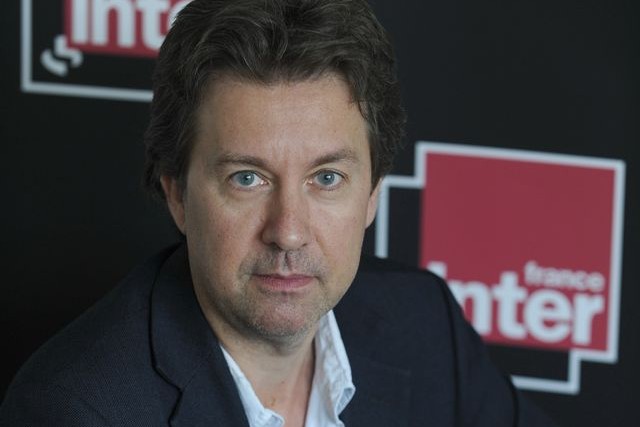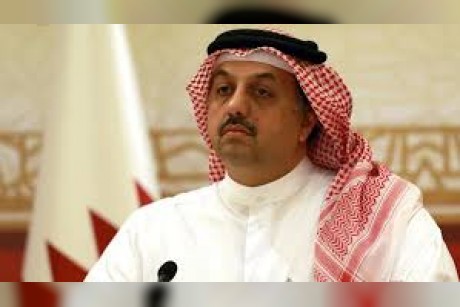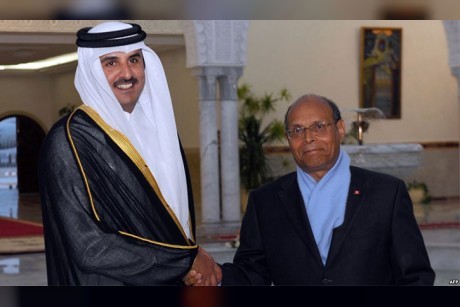During the conclusion of the Paris conference against terrorism entitled ‘No Money for Terror’ on April 27, Emmanuel Macron ordered a comprehensive campaign against this evil that undermines global security.
Standing before representatives from 70 countries, he vowed to ferociously fight against a foe that he described as being both “active”, “innovative” and morphs all the time. For Macron, the campaign must be fought in three domains: cyberspace, prisons and the territories under the control of terrorists. According to him, the only way to conquer is through seamless cooperation and development of a broad strategy.
For the French president, the enemy is Islamist terrorism, which has hijacked the religion of Islam. But in the Middle East, each state has its own definition of who the terrorist is — for Turkey, the Kurds of the PKK and the PYD are the terrorist;, for the Israelis, it is the Palestinians of Hamas; for Saudi Arabia, the Yemeni Houthis are the terrorists; for the United Arab Emirates, they are the Muslim Brotherhood, and the list could go on for other States with their own set of “evil doers”.
The French president also referred to Qatar but did not name it, when he said: “So many countries have nourished terrorism or terrorist-related movements, believing they are protecting their own interests in the region or retaliating against the interests of a hostile power.”
Evidently, Doha’s support for the Al-Nusra Front, the Syrian branch of al-Qaeda comes to mind. Feeling the wind of change, Qatar has drawn up a blacklist of entities that support terrorism financially in the country and has pledged to toughen supervision over NGOs and charities, whose donations are sometimes placed in the wrong hands.
Like the mafia, the networks of ISIS and al-Qaeda have invested money in conventional economic activities: real estate, trade, agriculture, travel agencies, transport, etc. Today, it will be necessary that everyone acts together for the fight against terrorism to accomplish results. In his address, Emmanuel Macron pledged to name the countries that fail to make any effort, by employing the “name- shaming” method.
The Paris conference laid down principles for action, notably intelligence exchange between specialized services, supervising new financial tools (cryptocurrencies), andpartnership with digital players… etc.
The real discussion occurred behind the scenes, far away from the cameras and microphones between the 500 invited experts. “It was a question of tracing the illegal underground terrorist circuits,” one of them divulged.
However, he confessed: “We are still at the beginning;it is a long route ahead.” That's the whole problem. The fight to shut down terrorist finances will take years, if not decades.
Like the mafia, the networks of ISIS and al-Qaeda have invested money in conventional economic activities: real estate, trade, agriculture, travel agencies, transport, etc. Worst, the experts have noticed a phenomenon of “hybridization”. Now, dealers and terrorists are working together in the Sahel, in the Horn of Africa and in the Levant.
Emmanuel Macron’s France presented a challenge to the 70 countries present in Paris. He shot the starting flare, but will it be followed by real results? Some people should not play the game half-heartedly. The president has made an appointment for 2019 in Australia, where the next conference will take place. We shall see then whether the level of commitment has been weak or have gains been in draining the finances of ISIS and al-Qaeda.



